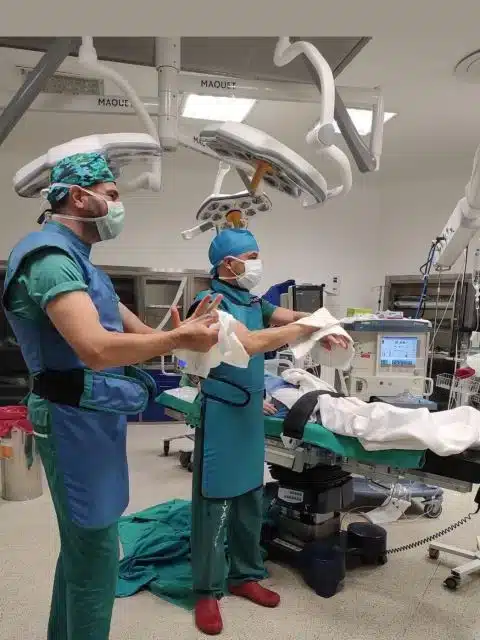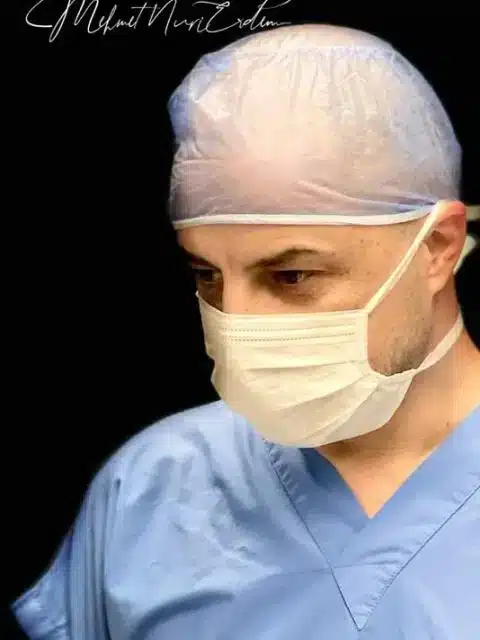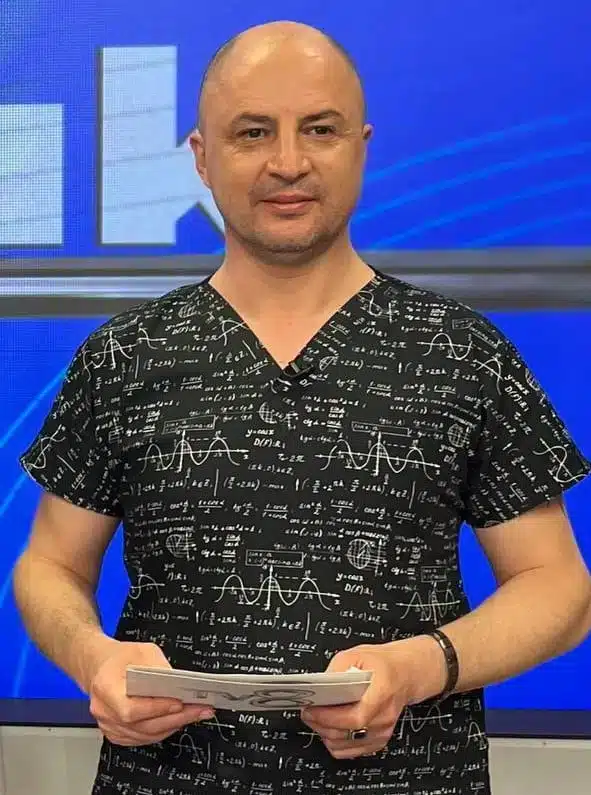Although hip joint injuries are less common than other joint injuries, their treatment is complex and difficult. It can lead to serious losses in athletes, or even quitting the sport.
Soft Tissue Injuries
Most of the soft tissue injuries of the hip joint are muscle injuries and tears. It is often accompanied by bruising, swelling and tenderness, and joint movements are restricted. Walking with a limp begins.
Rest and pain-relieving drugs are used in the treatment. In addition, exercises that protect the range of motion of the joint are important.
Trochanteric Bursitis
Bursa is the name given to the cushions that protect the muscle and bone structure in the joint areas. Bursitis is a condition in which the bursae swell and cause pain after strain, overuse or impact. In the hip joint, the trochanteric bursa is the most susceptible to injury and swelling. It can cause pain in the hips, thighs and lower back.
Rest and pain-relieving drugs are used in the treatment. In resistant cases, physiotherapy and corticosteroid injections are appropriate.
Snapping Hip
This is a condition characterized by a click that can be heard in the buttocks during exercise or daily activities. It may be accompanied by pain in the anterior or lateral side of the hip.
Rest, activity modification, stretching-strengthening exercises, pain relievers and corticosteroid injections may be helpful in patients with complaints. The treatment course is long, it can take up to about 1 year. Rarely, surgical treatment is required.
Athletic Pubalgia (Athlete’s Hernia)
It is a disease that occurs with repetitive rotational movements, mostly seen in people who play sports such as football and tennis. Unilateral groin pain during exercise is a typical complaint. Pain occurs especially when the leg is forced to close inwards against resistance.
Treatment consists of rest, medications and physiotherapy. Corticosteroid injection is not recommended. Rarely, surgical treatment is required.
Osteitis Pubis
It occurs due to the stress caused by repetitive kicking movements in sports such as football and hockey. It is more common in young athletes. Patients typically consult the doctor with ‘pain that worsens over time’ or ‘discomfort due to a burning sensation’ in the groin or inner region of the leg. Tenderness to touch in the groin area is also typical. Discriminant analysis is essential, as there are many diseases that cause similar complaints in the same area.
Rest, pain relievers and corticosteroid injections can be used for treatment.
Stress Fractures
They are often seen in people who do sports that involve repetitive movements, such as long-distance running. It occurs due to repetitive impacts and abnormal loads on the bone. More frequent in women.
Most of these fractures are stable and heal with rest. Fractures with a risk of dissociation need to be fixed surgically.
Traumatic Hip Dislocation
It is the condition in which the hip joint dislocates from its socket due to the impact. It is usually caused by high-energy trauma such as falling from a height or traffic accidents. Since these dislocations may be accompanied by fractures of the joint circumference, vascular or nerve injuries, detailed examination is crucial.
The hip bone should be treated urgently, as it can disrupt blood circulation. After 3 weeks of rest, the person can return to his daily activities.










